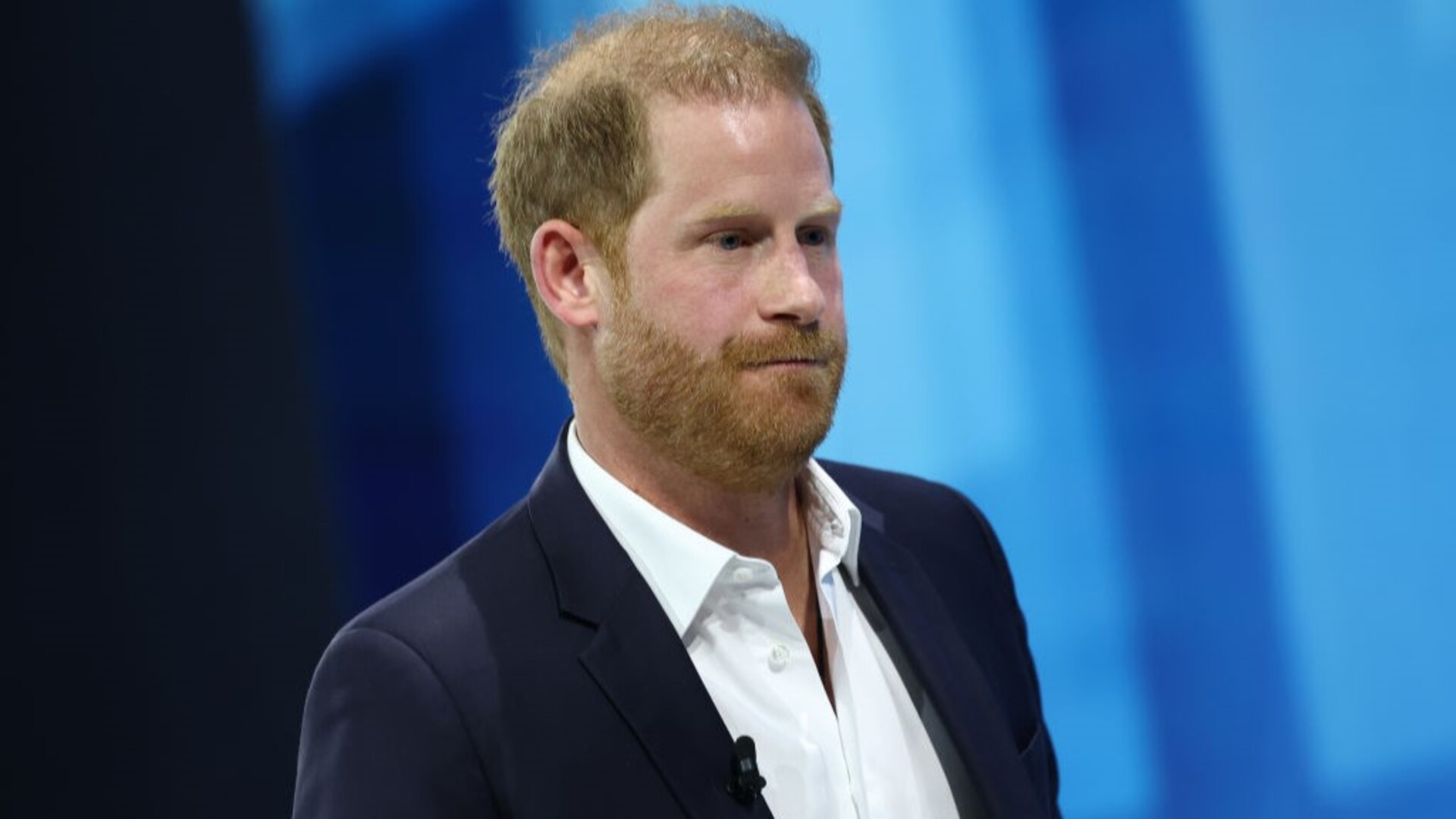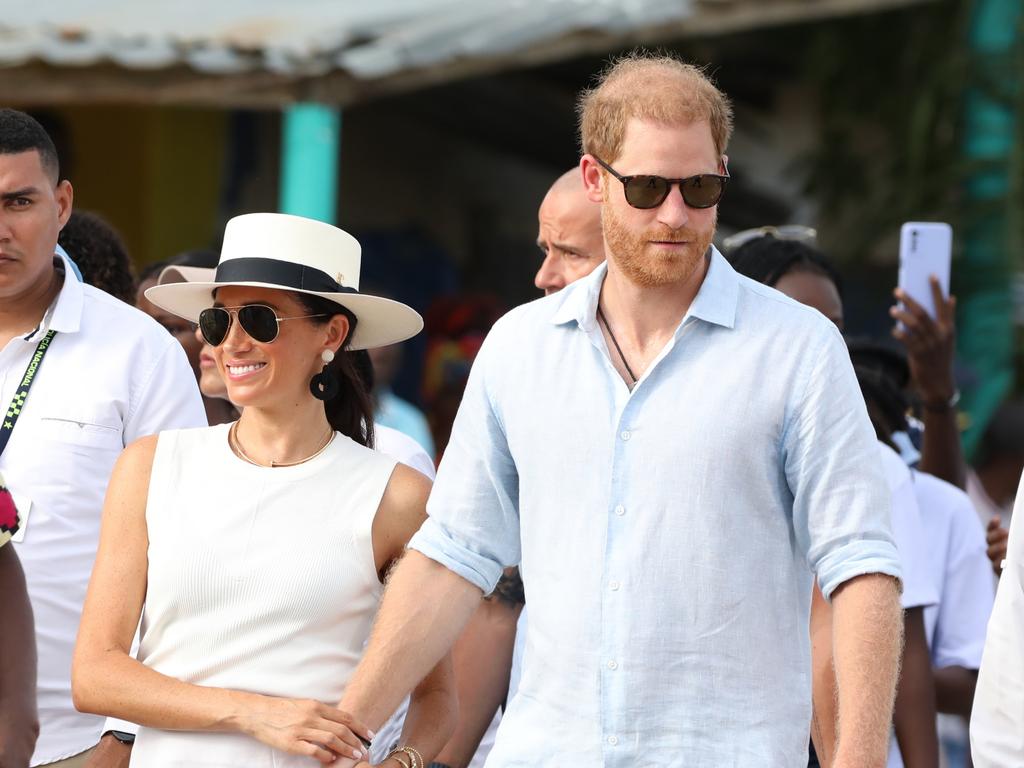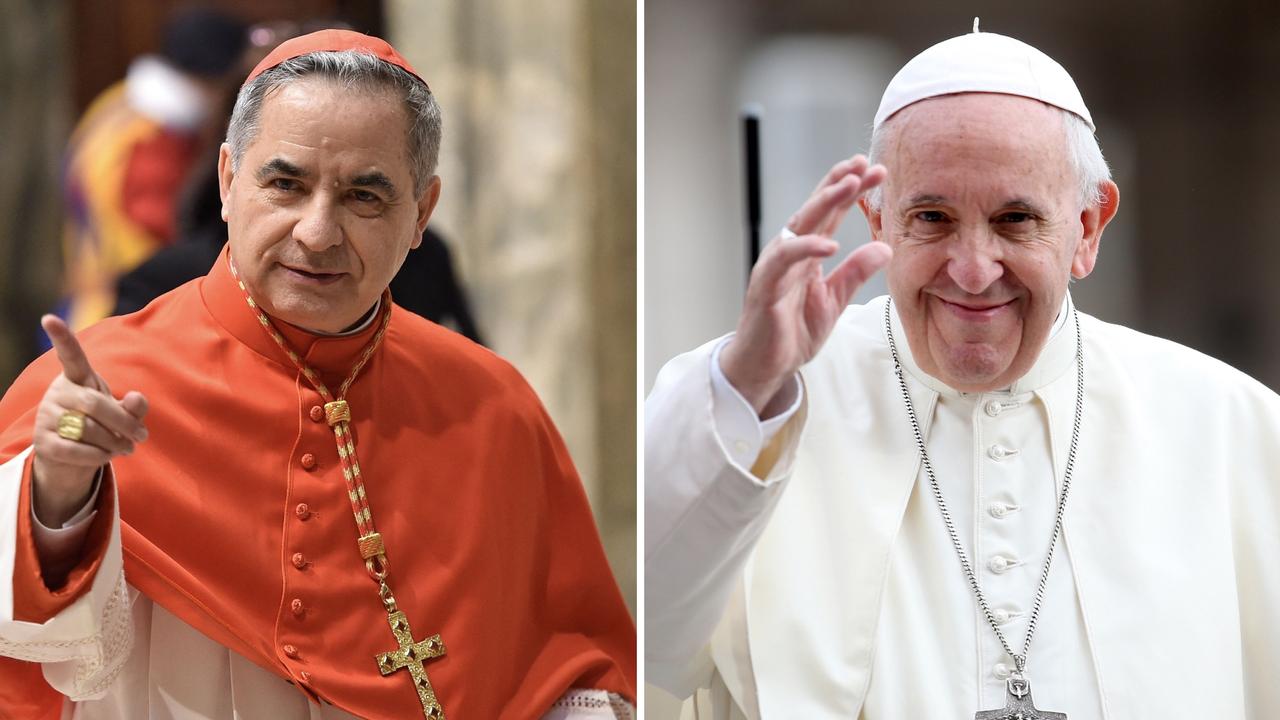Judge to revisit Harry visa case
Duke of Sussex in danger of being deported as court hears for first time since Trump took power of allegations that he failed to reveal past drug use in his US visa application

The Duke of Sussex is bracing for the possible release of his US visa records as the case over claims he concealed his past drug use was heard in court for the first time since Donald Trump became President.
At a hearing in Washington on Wednesday, the judge overseeing the two-year case indicated he was open to releasing portions of secret evidence submitted by the US government. Judge Carl Nichols said he wanted to reveal the “maximum amount possible” to establish how the prince came to America.
The Heritage Foundation, a conservative think tank, sued the Department of Homeland Security (DHS) demanding access to Harry’s visa documents to determine whether he made false statements in his application.
Harry, 40, admitted in his 2023 memoir, Spare, that he experimented with cocaine, cannabis and psychedelic substances, which he would have been required to disclose on forms filed before he relocated to California with his wife, Meghan, in 2020.
The case was dismissed by Nichols in September, but with Trump back in office the think tank revived the lawsuit, hoping that the new political climate would work in its favour. It has argued that the prince either lied about his drug use on his visa application or received preferential treatment from the administration of Joe Biden, which refused to turn over his file.
On Wednesday, Nichols agreed to review declarations submitted by government officials that argued the visa documents should remain secret. The declarations and other evidence have been viewed in private by the judge but have not been shown to lawyers for the Heritage Foundation.

However, the judge said that he favoured “maximum disclosure as long as it doesn’t violate (the prince’s) privacy”. He asked the DHS to request redactions and “continued withholdings” from the documents. John Bardo, a lawyer for the government department, said the declarations “contain a lot of information we’re trying to withhold” and the files would be a “shell” once redactions were made.
Bardo argued that Nichols made his ruling in September “based on what you saw” in the evidence.
Trump has the power to order federal agencies to release documents, and after the hearing Nile Gardiner, director of the Heritage Foundation’s Margaret Thatcher Center for Freedom, urged him to do so. “We hope that with a new president in place there will be far greater transparency,” he said. “The American public has a right to know if Prince Harry was truthful on his application and whether he received any preferential treatment.
“President Trump has made border security ... a very top priority for the administration. We have urged the President to apply that principle to Prince Harry’s immigration records.”
Trump has previously said he would consider deporting Harry if he had lied in his application, saying that officials would “have to take appropriate action”. In February last year Trump told an interviewer: “I wouldn’t protect him. He betrayed the Queen. That’s unforgivable. He would be on his own if it was down to me.”
Gardiner has called Trump’s election “game-changing” because Harry would no longer be “shielded” by Biden’s administration. He said he was confident the President would see that “immigration law is firmly and fairly applied ... I think it’s very clear that if Prince Harry lied on his immigration application, which is a criminal offence, he will be deported.”
Samuel Dewey, a lawyer for Heritage, said: “There is no expert we’ve talked to who can figure out how he (Harry) is here without something having happened.”
In ruling that Harry’s records would remain private last year, Nichols had said: “Like any foreign national, the duke has a legitimate privacy interest in his immigration status.”
The judge acknowledged that there were “intimate details of his life” published in Spare, but ruled that he had a “reasonable privacy interest” in his documents.
Dewey told The Times he had asked the judge to vacate his earlier decision on the grounds that he had “relied too much on secret evidence”, saying: “In our view, the reliance on this evidence combined with the Biden administration’s prior bad faith requires the judge to vacate his decision and allow us to address the secret evidence.”
Legal experts said that, although Trump has the power to deport the duke, his case could hinge on whether he is in the US on an A-1 visa, which is for heads of state, or arrived on a green card, which would give him more legal avenues for a challenge.
The Times





To join the conversation, please log in. Don't have an account? Register
Join the conversation, you are commenting as Logout